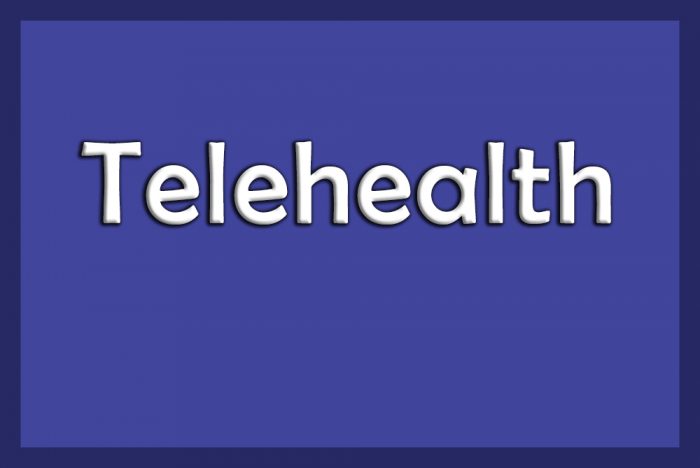The Department of Human Services (Department) issued bulletin OMHSAS-16-03, “Revised Procedure for Waiver of Office of Mental Health and Substance Abuse Services (OMHSAS) Program Regulations and Standards,” on April 19, 2016, to update and clarify the procedure for submitting and processing of waiver requests to OMHSAS. OMHSAS has issued OMHSAS-24-04 to further update regulatory waiver language and the process to appeal a waiver determination. The issued bulletin can be found here. OMHSAS-16-03 is obsoleted by this bulletin.
OMHSAS licenses or approves community mental health facilities and agencies and other service providers operating in the Commonwealth of Pennsylvania. In accordance with this responsibility, the Department’s authorized agents periodically inspect mental health facilities and agencies. If regulatory requirements are met, certificates of compliance or approvals are granted under Article IX of the Human Services Code (62 P.S. §§ 901 – 922) or under Article X of the Human Services Code (62 P.S. §§ 1001 – 1080).
Pursuant to applicable regulations, a facility or agency may request a time limited waiver of regulations or program standards, or a portion of regulations or program standards. All regulatory waiver requests are subject to applicable waiver of standard requirements as outlined by each chapter or bulletin. In reviewing any such waiver request, OMHSAS will consider whether the facility or agency has demonstrated that substitute measures assure the health, safety, and welfare of all individuals who reside in the facility or who receive services from the agency.
Please contact RCPA COO and Mental Health Policy Director Jim Sharp with any questions.


















